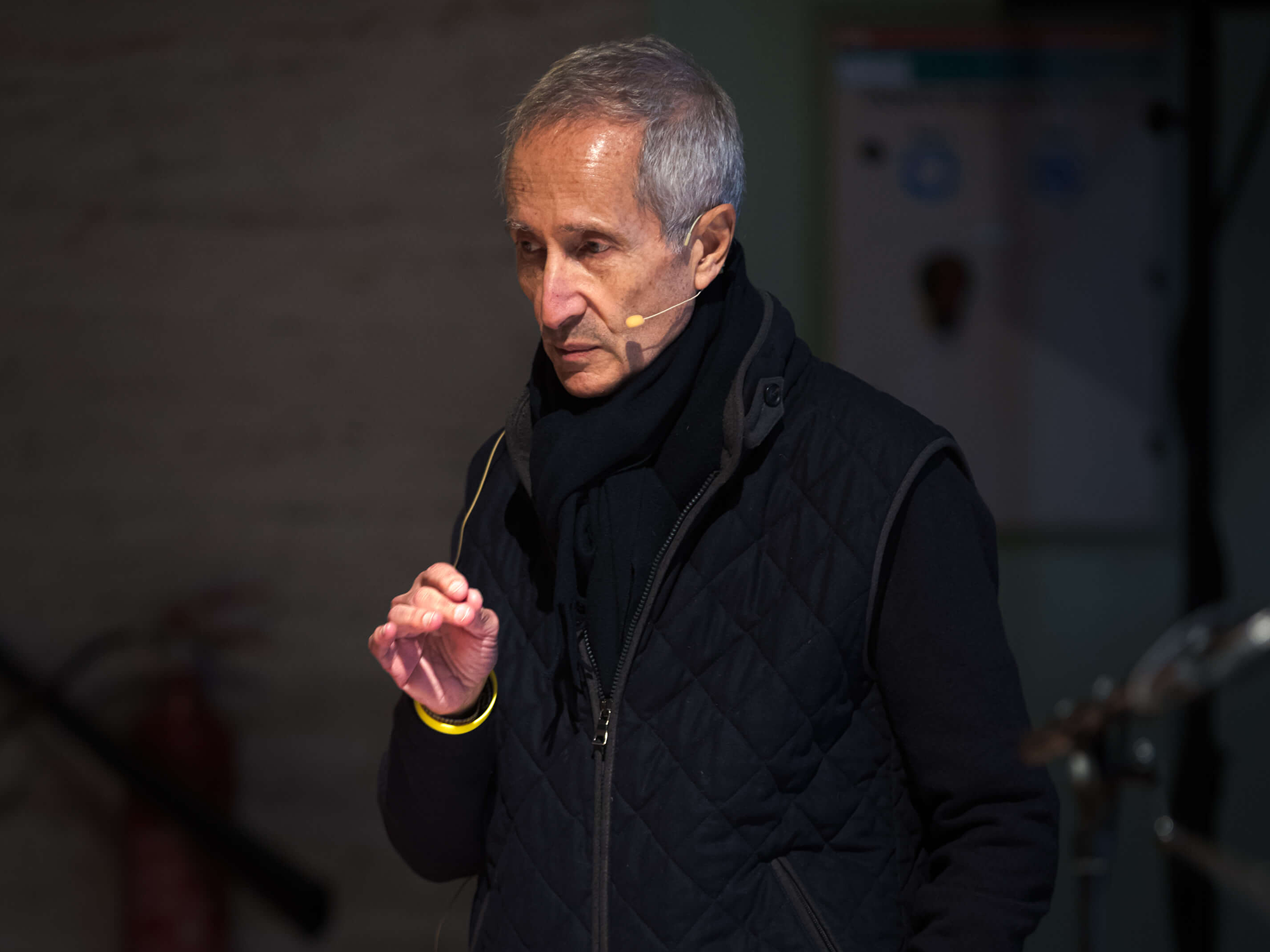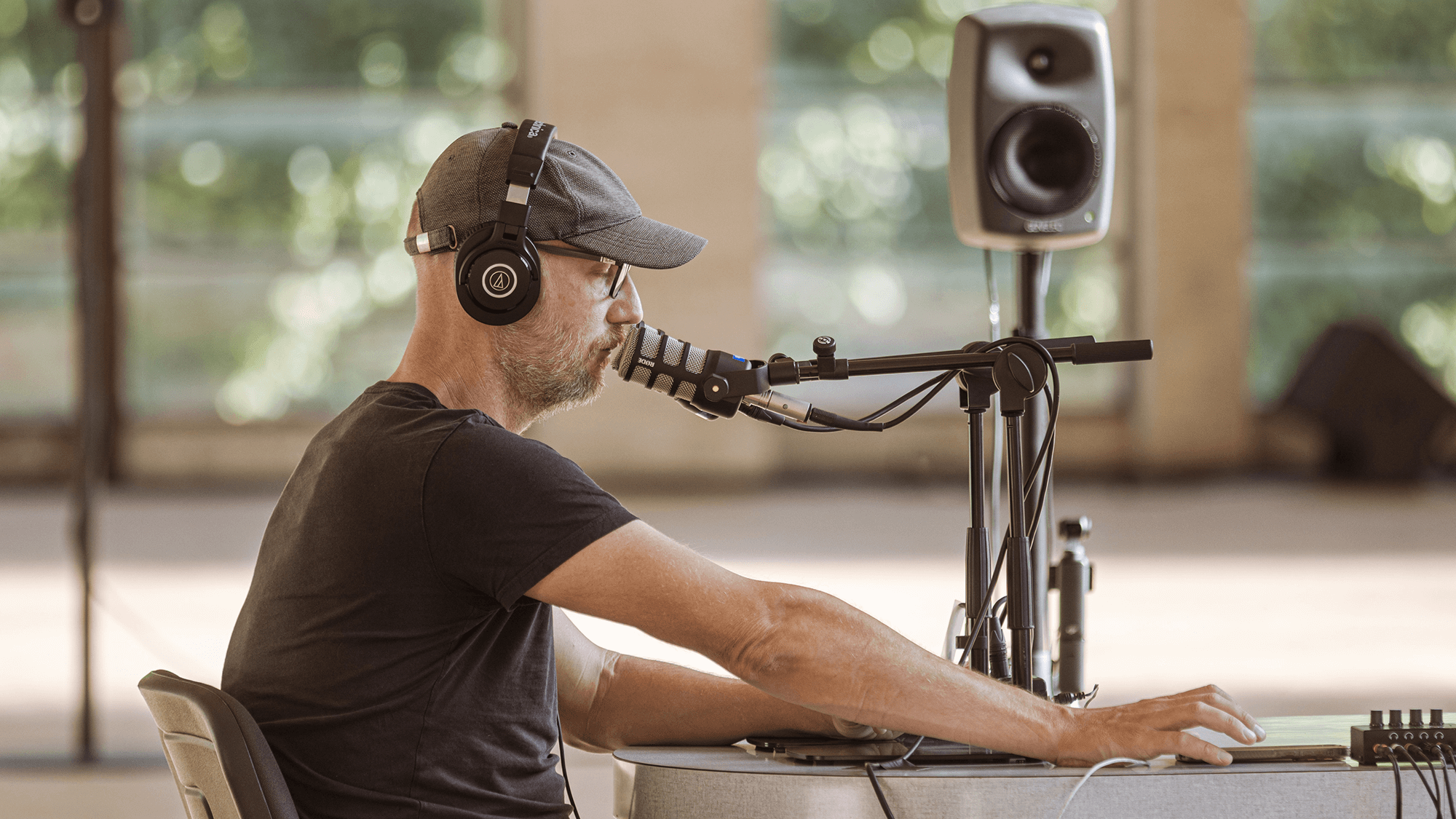
A tap that stops when you don't listen to it
La Centrale, Friday, October 3, 2025, from 7 p.m. to 11 p.m.
Imagine, with Duchamp's help, "a tap that stops when you don't listen to it." Agree, with Ionesco's support, on "a dialogue of the deaf."
Ask yourself, with Beuys, whether "Marcel Duchamp's silence is overrated."
Treat, with Reik, "an earworm."
Listen, with Cage, to 4'33.
Build, with Szendy, "a history of our ears."
Think about keeping quiet.
Here, Bernard Blistène offers a few recipes for blabla, pouët-pouët, empty speeches and useless words, mixing verbigères, jactances and other gnagnagnas for those "who know the music". He also knows how to be serious.
Bernard Blistène
Based in Paris
Bernard Blistène, Honorary Director of the Musée national d'art moderne du Centre Pompidou, is now retired, but that doesn't mean he can't get on with things. As much as he can, he mixes seriousness with an interest in everything that leads to "correcting morals by laughing": Dada, Lettrism, Situationism, Fluxus and so on. He notes that it is now difficult to give priority to humor, at the risk of falling into agelasticism.
Bernard Blistène has just published articles on Arte Povera, photography and Art Brut, as well as on Georg Baselitz and his latest works, created with the aid of his wheelchair.
Bernard Blistène has designed numerous exhibitions on and around the subject at hand, including Danses tracées (1991), Poésure et Peintrie (1993), Poésie directe (1993), L'Esprit Fluxus (1995) and Un Théâtre sans théâtre (2007). He has also devised "for the pleasure of all", the Centre Pompidou's New Festival (2009-2015), a daily, inter-pluri-multidisciplinary rendez-vous, and with drums and trumpets "Les rendez-vous du Forum", very loud and very noisy.
Other artists

Whirled Music

Marina Rosenfeld

Deborah-Joyce Holman
Other artists

Camille Llobet

Vincent Barras













